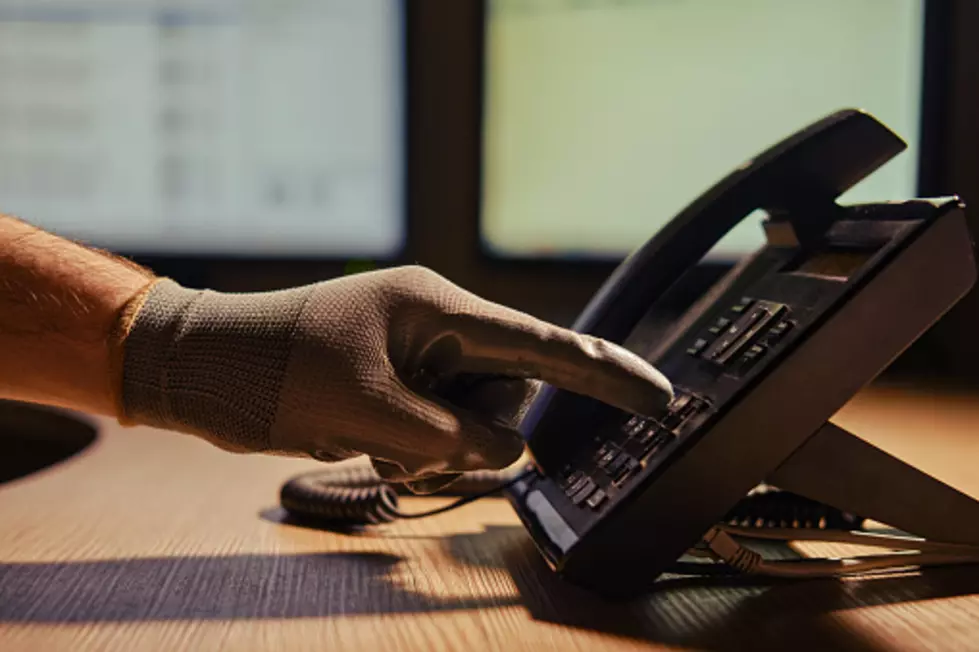
Rockford Area Is Being Targeted In Lottery and Sweepstakes Scams
The Better Business Bureau (BBB) just released the results of an investigative study they did that explores sweepstakes, lottery, and prize scams. The amount of money being scammed from people is pretty stunning.
Although there's been a drop of 16 percent in reports of lottery, sweepstakes, and prize scams over the last three years, during the pandemic the sums of money that have been scammed out of people have gone up by 35 percent.
One of the most disturbing aspects of these sorts of scams is that they are primarily targeting adults who are 55 years old and older, and the scammers are having tremendous success.
A decade or so back, my dad was nearing the end of his life. One day, I stopped in to see him, and found him talking on the phone to someone. He's was just saying something to the effect of "So the taxes and charges are $2,000? Then I'll get the money?" He then reached for his credit card and started to read off the numbers.
Luckily, I stopped him before he gave them his full credit card information. It turns out that the person on the other end of the phone was someone purporting to be a representative of a well-recognized sweepstakes that features the word "clearinghouse" in their name. He wasn't representing anyone but himself, and his goal wasn't to set my dad up with his sweepstakes winnings. It was to take every penny from him that the scammer could.
Dennis Horton, Director of the Rockford Regional Office of the Better Business Bureau:
Adults 18-54 lost an average of $279 while people over the age of 55 continue to be the primary target of sweepstakes, lottery, and prize scams. They represent 72% of fraud reports for this type of scam received by BBB Scam Tracker during the last three years. Of the older consumers who were targeted, 91% reported that they lost money. Adults over 55 lost an average of $978.”
Here's how the scams generally go down. Sweepstakes scammers reach out in many different ways: phone calls, email, social media, notices in the mail, and text messages. They'll tell you, like they told my dad, that they're with the state lottery or a sweepstakes company, and you've won a large sum of money.
They'll then tell you that you just have to cover taxes or fees (or both), and the money will be awarded to you. Many of the scammers will ask for the payment of those fees to come from gift cards that you'll need to purchase and give them.
Don't do it. If you're asked to pay anything to collect your winnings, you'll know it's a scam. Real lotteries and sweepstakes don't demand anything in order for you to collect. There are no fees and other add-ons in a legitimate lottery win, and the taxes that need to be paid on winnings aren't ever paid via gift card.
Here are some more details on how you can protect yourself or a family member who might fit the profile to be targeted by scammers:
KEEP READING: These are the top 6 scams connected to the pandemic
More From Rockford's New Country Q98.5









